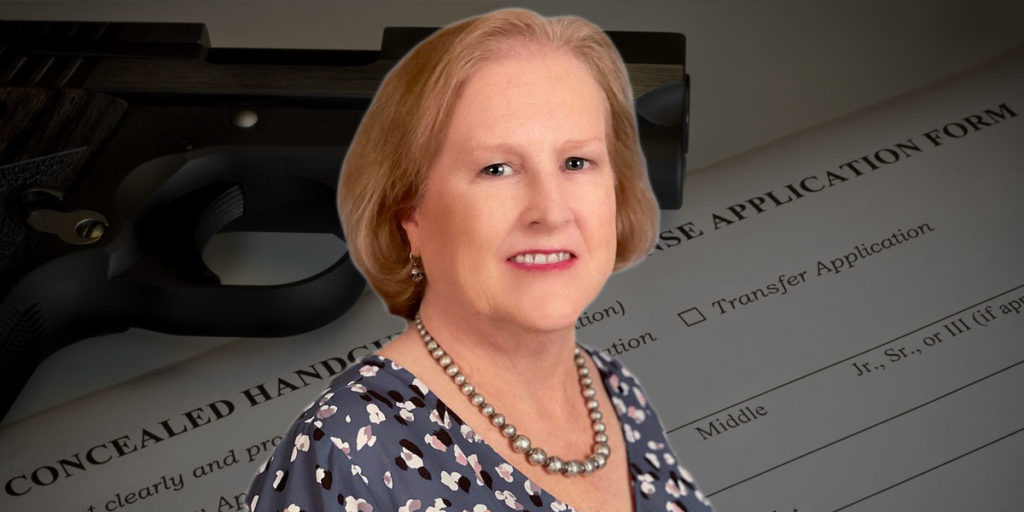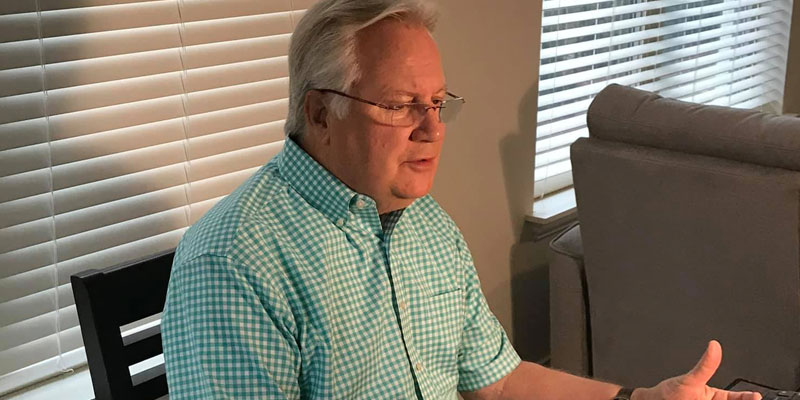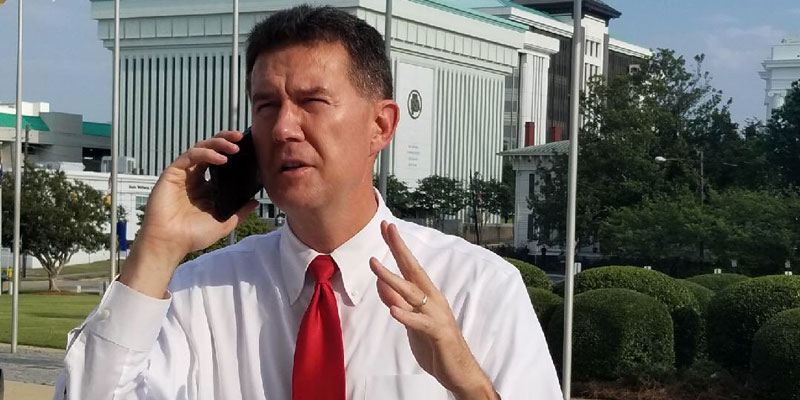Gun-control advocates keep making the same predictions of doom and bloodshed from law-abiding citizens having guns for protection. They warn us of pending disaster if Alabama becomes the 22nd state to adopt so-called constitutional carry rules that would allow law-abiding adults who legally own a handgun to conceal-carry it without a permit. Thirty-four states already allow open carry without a permit.
Alabama and other states faced the same predictions of disaster when they first adopted right-to-carry laws, which now exist in 43 states. None of the dire predictions came true. These predictions are occurring again when states adopted constitutional carry. But not a single one of these states has seen the need to reverse the laws. Indeed, none have even held a legislative hearing on undoing these laws, let alone a vote.
Much will remain unchanged with constitutional carry. Businesses and private property owners still have the right to exclude guns from their premises. Prohibitions remain in sensitive places, and laws about gun misuse are unchanged. Alabamians must still be able to legally own a gun to carry it.
The most significant change from constitutional carry is how quickly people can carry a gun if needed. Right now, it takes about a month for Alabama to issue a concealed handgun permit after someone has met the requirements. If a woman is being stalked or threatened, the harm from that threat may have already occurred well before a month is up. To make matters worse, during the coronavirus outbreak getting permits was delayed up to three months.
Under constitutional carry, that woman won’t have to wait for a license.
And constitutional carry will save Alabamians the cost of obtaining a license, which runs $100 for five years. These costs matter; just compare the numbers in neighboring states, Illinois and Indiana. In Illinois, the total cost of getting a five-year permit is $450; there is no license fee in Indiana. While only 4% of Illinoisans have a concealed handgun permit, 22% of adults in Indiana already have one, the second-highest number of permits per capita.
More importantly, the people who benefit the most from carrying are the most likely victims of violent crime, overwhelmingly poor blacks who live in high-crime urban areas. They are also the most sensitive to the fees required to get a permit. In Illinois, wealthy white males who live in the suburbs are overwhelmingly the ones who get permits. In Indiana, people living in urban, heavily minority zip codes get many more permits.
Some opposition to constitutional carry is ironic. While some of the same people oppose even free voter IDs as imposing too much of a burden, they have no problem with people paying over $100 to have the right to defend themselves and their families. They demand same-day registration for voting, saying people can’t plan ahead, but they have no problem making people wait weeks to get a carry permit.
One concern involves the bill’s potential financial impact; Alabama could lose the money it collects through permit fees. But in practice, states that adopt constitutional carry have seen very little change in the number of permits. People still get permits to travel with their guns to states without constitutional carry.
Gun control advocates claimed there would be blood in the streets when then-Gov. Guy Hunt signed Alabama’s concealed carry law in 1990. That didn’t happen. The fact that several dozen peer-reviewed academic studies show there’s no evidence of any uptick in gun crimes linked to concealed carry laws, and most show violent crime declines. Research also shows that murder rates fall even more when states move to constitutional carry laws.
When PoliceOne asked its 450,000 law enforcement members about the effects of private gun ownership, 76% of officers answered that legally armed citizens are either very or extremely important in reducing crime.
Today, there are over 21.5 million concealed handgun permit holders nationwide. Permit holders nationwide are incredibly law-abiding. Police officers are extremely rarely convicted of firearms-related violations, but it still happens at a rate 12 times more often than for permit holders. In the 19 states with comprehensive permit revocation data, the average revocation rate is one-tenth of one percent. Usually, permit revocations occur because someone moved or died or forgot to bring their permit while carrying.
Gun control advocates keep trying to take advantage of people’s fears of the unknown and claim that bad things will happen when people are allowed to defend themselves and their families. But Alabamians don’t have to guess what will happen with constitutional carry. Twenty-one states are proof that constitutional carry is common sense.
Stringer is a state representative for District 102 and is the sponsor of the state’s Concealed Carry bill.
Lott is the president of the Crime Prevention Research Center.













